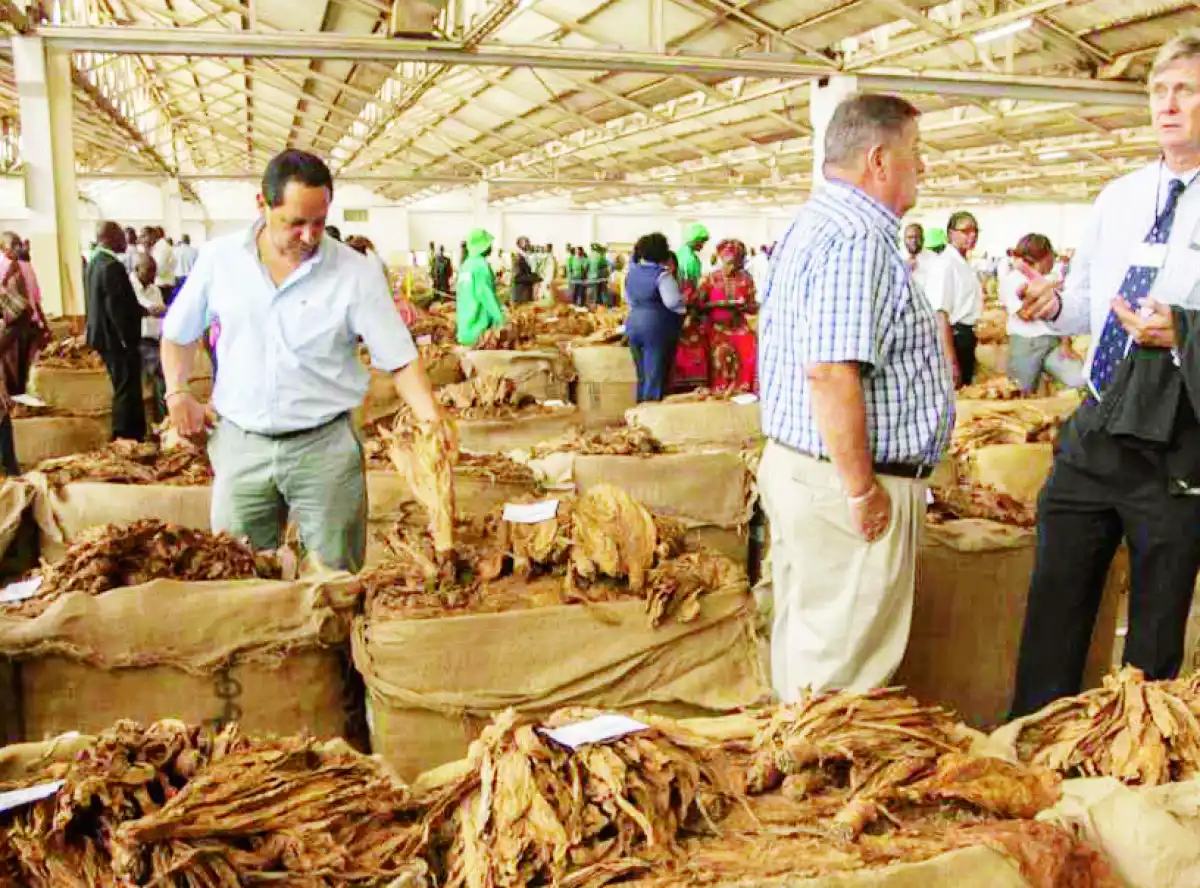
Malawi healthcare system is strained to meet the needs of a growing population competing with limited resources constrained by debt.
Climate change further undermines public health gains.
Amid multiple global challenges, few are as interconnected as climate, food and nutrition security in their impact on human well-being.
At the heart of this nexus lies food security. The ability of individuals, communities, and nations to access and afford nutritious food is a human right and a cornerstone of public health.
The 2023 State of Food Insecurity and Nutrition shows that nearly 22 percent of Malawians are malnourished.
Over 4.4 million people currently require food assistance following Cyclone Freddy’s impact and the El Nino weather pattern.
Weather extremes such as tropical storms, flooding, drought and increased climate variability fuel hunger across the region.
For example, over 17 million people in Malawi, Zambia and Zimbabwe need assistance following devastating crop failure caused by drought induced by El Nino.
The three countries have declared a State of Disaster, appealing for global support.
Hunger disproportionately affects women and children.
Poor nutrition in early life stunts the development of a child’s brain, body and immune system with lifelong repercussions for their learning and earning potential.
Climate change is multiplying health risks.
Dry spells and flooding directly threaten access to safe water.
Climate-related disasters also disrupt community and national healthcare systems, straining limited resources and impeding access to essential health services.
Amid the country’s worst cholera crisis, Cyclone Freddy destroyed 83 health facilities, denying thousands access to health services.
All these worsen the burden of malnutrition, which is projected to become the leading cause of all climate-related child deaths by 2050.
Addressing climate change presents an opportunity to promote food and nutrition security and public health.
Policymakers, researchers and communities must holistically address the three interconnected challenges.
This entails integrating climate adaptation and mitigation strategies into food and health systems, promoting sustainable agriculture and equitable access to nutritious food and strengthening primary healthcare infrastructure to withstand the impacts of climate change.
Sustainable agricultural practices such as agroecology, regenerative farming and unique crops like beans mitigate the environmental impacts of food production and enhance resilience to climate change while promoting food and nutrition security.
Scaling-up adaptation and resilience activities and to reduce the vulnerability of small-scale food producers, including through financial and technical support for solutions, capacity building, infrastructure and innovations promote sustainable food security, production and nutrition while conserving, protecting and restoring nature.
Also pivotal are early warning systems and prepositioning of nutritious food and micronutrient supplements in anticipation of a climate shock.
Even with the farm input subsidy, policy attention and funding for vulnerable rural people fall woefully short of actual needs.
There is a need to promote food security and nutrition by increasing efforts to support vulnerable people through social protection systems, school feeding and public procurement programmes, targeted research and innovation and focusing on the specific needs of women, children, the youth, indigenous peoples, smallholders, family farmers, local communities and persons with disabilities.
These help build individual and community resilience to shocks and bounce back.
During CoP28, the UN climate talks held in the United Arab Emirates last year, countries operationalised the Loss and Damage Fund to address man-made climate-related disasters.
Negotiations continue to determine the fund’s management structure, but the poor cannot wait.
It is time the G20 ambassadors in Malawi weighed in to expedite the processes for vulnerable communities hit the worst by the climate crisis.
Restoring food and nutrition security, the heart of good health should be paramount for the Fund.
By addressing the root causes of food insecurity, promoting sustainable agriculture and healthcare practices and mitigating the impacts of climate change, we can create a more resilient, equitable and healthy future for all, including generations to come.








0 Comments